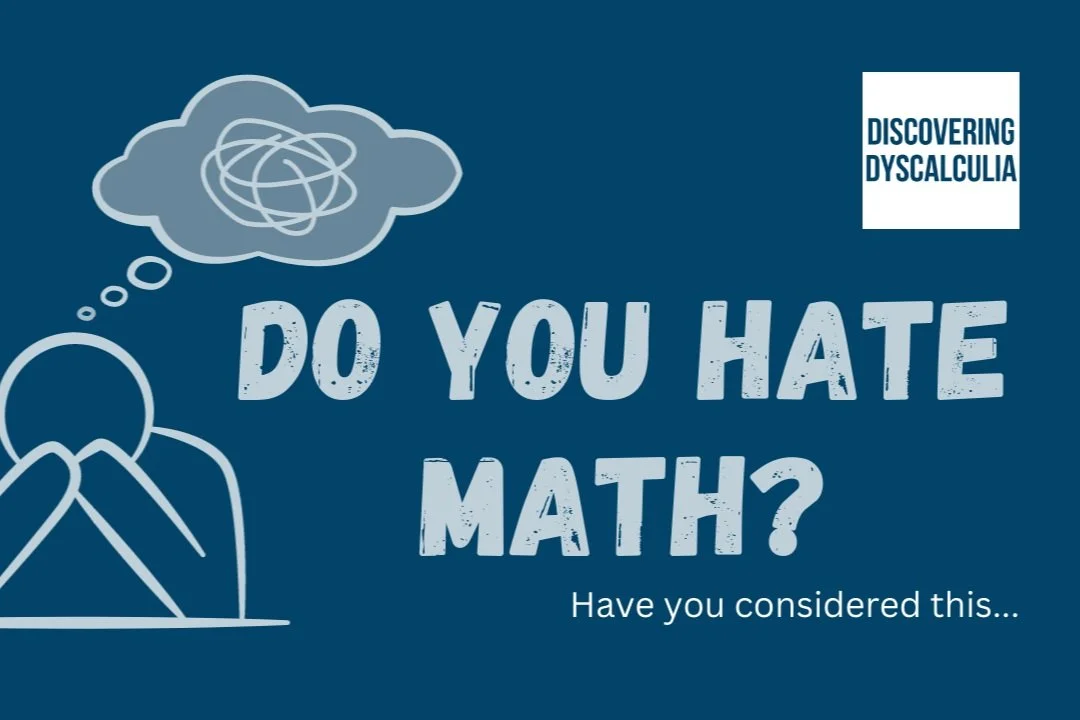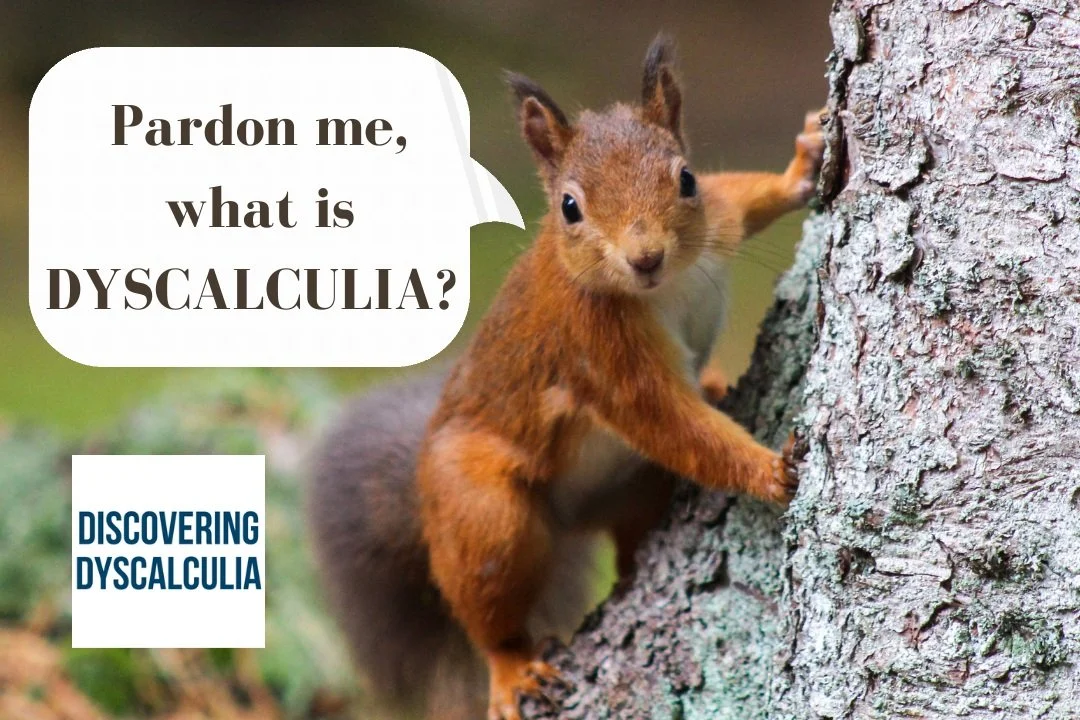How to Pronounce Dyscalculia
Dyscalculia is complicated enough as it is, without also having a name that is difficult to pronounce!
In the beginning, I felt insecure about how to say “Dyscalculia.” It seemed that everyone was saying it differently, and I dreaded having to pronounce it with school and medical professionals. For sure, I wasn’t venturing out and pronouncing it in public yet.
I have noticed that I am not the only one who finds the word confusing. Almost every time I say it, I receive a question about how to say it, or people avoid using the word all together for the rest of the conversation. If I notice that they are avoiding it, I imagine it’s because they are unsure how to pronounce it, like I was in the beginning.
The word is a bit long, 5 syllables long. I think it’s complicated because people place different emphasis on different syllables. Personally, I decided to keep it simple and adopt the pronunciation on most dictionary websites.
Here is how most dictionaries break down this word in phonetic spelling: dis-kal-kyoo-lee-uh
Notice the emphasis on the cu (kyoo or “Q”) - think of “Cue the music!” The emphasis is placed on the center syllable.
I often hear it pronounced differently than the phonetic or dictionary pronunciation as people struggle to figure out how to say it.
The first is “dis-kal-kyoo-lee-uh,” with the emphasis on the cal (kal). This pronunciation feels to me like I am tripping over the word and falling forward, “dis-(tripping forward)-KAL-kyoo-lee-uh.” It’s just awkward.
The other mistaken pronunciation is that people completely leave out the “i” that is a part of the -ia (ee-uh) ending. The -ia shows that that to have Dyscalculia is to have a condition of something. This omission error removes an entire syllable in the word and is often paired with the incorrect emphasis above. It comes out like this, “dis-kal-kyoo-lah.”
What I personally find most helpful is to hear the audio pronunciation on a website like The Cambridge Dictionary. You can listen to it HERE.
All that to say, don’t let the confusion of how to say it keep you from using the word Dyscalculia. It’s not that important if we all say it a bit differently, but it is important that we are not afraid or hesitant to use the word to describe someone’s reality. While it is a mouthful of a word, I suggest just going for it! Listen to the online pronunciation and give it a try. Walk around your house saying this odd long word and become more comfortable using it until it flows and you don’t even think about it. Have fun!
If you want to learn more about dyscalculia awareness, education, and support, join my Saturday newsletter!










